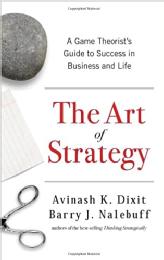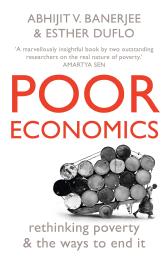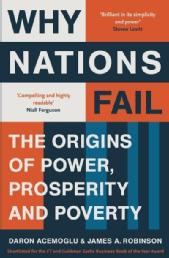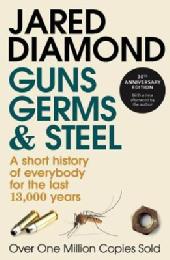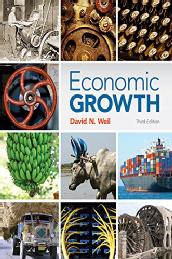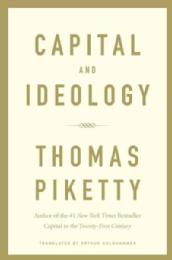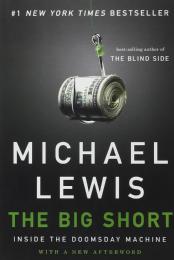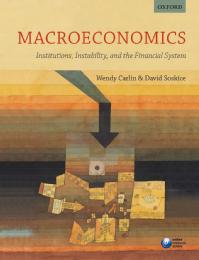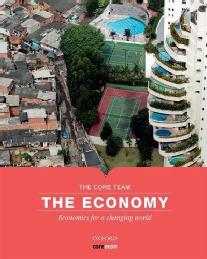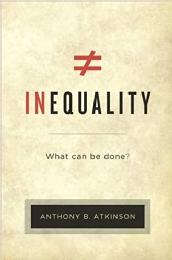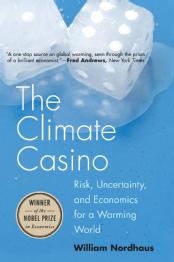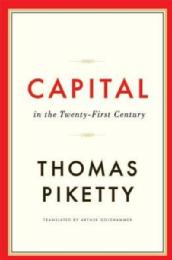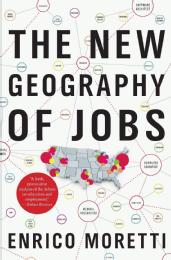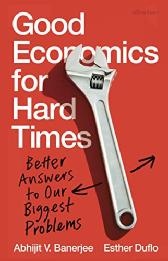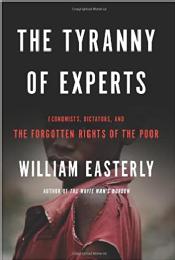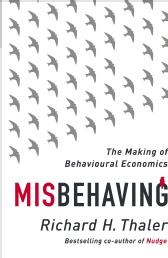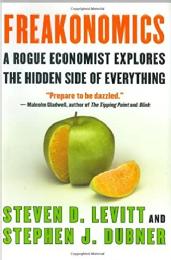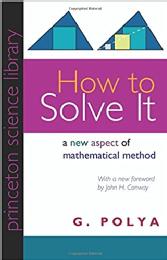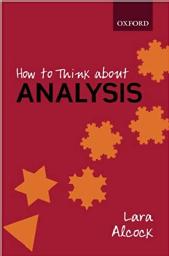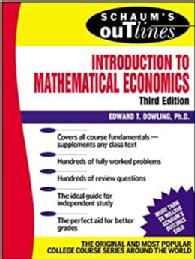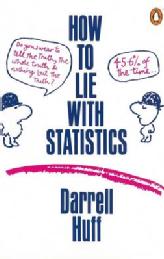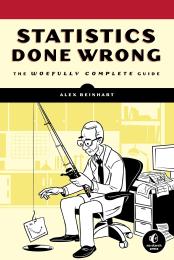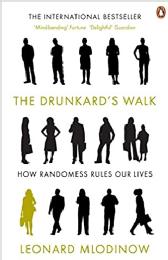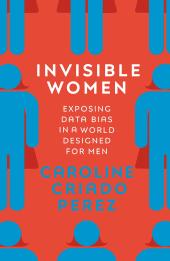The Virtual Bookshelf
We asked our academic staff to provide you with personal recommendations for books which they believe are relevant to students embarking on their degree course with us. Below you will find their suggestions.
Economics: from Individuals to Institutions
The Art of Strategy
Author: Avinash Dixit and Barry NaleBuff
This book Dixit and NaleBuff explains game-theoretic ideas to a general readership using examples and anecdotes drawn from many sources - business, politics, sports, literature, and movies.
Will to Freedom: A Perilous Journey Through Fascism and Communism
Author: Egon Balas
Will to Freedom is an eyewitness account of the social and political upheaval that shook Eastern Europe from the mid-1930s to the mid-1960s.
Poor Economics: Rethinking Poverty and the Ways to End it
Author: Abhijit Banerjee and Esther Duflo
Imagine you have a few billion dollars and want to spend it on the poor. How do you go about it? Poor Economics is a path-breaking book that will help you to understand the real causes of poverty and how to end it.
Why Nations Fail: The Origins of Power, Prosperity and Poverty
Author: Daron Acemoglu and James A. Robinson
Why are some nations more prosperous than others? Why Nations Fail sets out to answer this question, with a compelling and elegantly argued new theory: that it is not down to climate, geography or culture, but because of institutions.
Guns, Germs and Steel
Author: Jared Diamonds
This book takes you through millennia of human history and proposing a theory of why some regions of the world are so much richer than others.
Economic Growth
Author: David Weil
Why are some countries rich and others poor? David N. Weil, introduces students to the latest theoretical tools, data, and insights underlying this pivotal question. By showing how empirical data relate to new and old theoretical ideas, Economic Growth provides students with a complete introduction to the discipline and the latest research.
Capital and Ideology
Author: Thomas Piketty
Piketty challenges us to revolutionize how we think about politics, ideology, and history. He exposes the ideas that have sustained inequality for the past millennium, reveals why the shallow politics of right and left are failing us today, and outlines the structure of a fairer economic system.
The Big Short
Author: Michel Lewis
A gripping tale of what went wrong in the housing market in the run-up to the Great Financial Crisis of 2008/09. This book was also made into a movie.
Macroeconomics: Institutions, Instability, and the Financial System
Author: Wendy Carlin and David Soskice
This authoritative new textbook integrates the modern monetary framework, based on the 3-equation model of the demand side, the supply side and the policy maker, with a model of the financial system.
The CORE Textbook
Author: The CORE Team
An open-access platform for anyone who wants to understand the economics of innovation, inequality, environmental sustainability, and more.
Inequality: What Can Be Done?
Author: Anthony B. Atkinson
Inequality is one of our most urgent social problems, but there has been little discussion of what we can do but despair. According to the distinguished economist Anthony Atkinson, however, we can do much more than skeptics imagine.
The Climate Casino: Risk, Uncertainty and Economics for a Warming World
Author: William D. Nordhaus
We have entered the Climate Casino and are rolling the global-warming dice. But there is still time to turn around and walk back out of the casino, and in this essential book the author explains how.
Capital in the 21st Century
Author: Thomas Piketty
Piketty analyzes a unique collection of data from twenty countries, ranging as far back as the eighteenth century, to uncover key economic and social patterns. His findings will transform debate and set the agenda for the next generation of thought about wealth and inequality.
The New Geography of Jobs
Author: Erico Moretti
Moretti’s groundbreaking research shows that you don’t have to be a scientist or an engineer to thrive in one of the brain hubs. Carpenters, taxi-drivers, teachers, nurses, and other local service jobs are created at a ratio of five-to-one in the brain hubs, raising salaries and standard of living for all.
Good Economics for Hard Times
Authors: Abhijit Banerjee and Esther Duflo
Banerjee and Duflo show how economics, when done right, can help us solve the thorniest social and political problems of our day. From immigration to inequality, slowing growth to accelerating climate change, we have the resources to address the challenges we face.
The Tyranny of Experts: Economists, Dictators and the Forgotten Rights of the Poor
Author: William Easterly
Easterly reveals the fundamental errors inherent in our traditional approach and offers new principles for Western agencies and developing countries alike: principles that, because they are predicated on respect for the rights of poor people, have the power to end global poverty once and for all.
Misbehaving: The Making of Behavioural Economics
Author: Richard H. Thaler
Thaler has spent his career studying the radical notion that the central agents in the economy are humans - predictable, error-prone individuals. Misbehaving is his arresting, frequently hilarious account of the struggle to bring an academic discipline back down to earth and change the way we think about economics, ourselves, and our world.
The Use of Statistics and Mathematics in Economics
Freakonomics: A Rogue Economist Explores the Hidden Side of Everything
Authors: Steven Levitt and Stephen Dubner
Freakonomics: A Rogue Economist Explores the Hidden Side of Everything is a 2005 non-fiction book by University of Chicago economist Steven Levitt and New York Times journalist Stephen J. Dubner. The book has been described as melding pop culture with economics.
How to Solve It
Author: George Polya
How to Solve It will show anyone in any field how to think straight. In lucid and appealing prose, Polya reveals how the mathematical method of demonstrating a proof or finding an unknown can be of help in attacking any problem that can be "reasoned" out―from building a bridge to winning a game of anagrams.
How to Study for a Mathematics Degree
Author: Lara Alcock
Is primarily aimed at students embarking on a maths degree, but a lot of the chapters are applicable to other numerate degrees like economics - especially the second half, which focuses on study skills.
How to Think about Analysis
Author: Lara Alcock
Moretti’s groundbreaking research shows that you don’t have to be a scientist or an engineer to thrive in one of the brain hubs. Carpenters, taxi-drivers, teachers, nurses, and other local service jobs are created at a ratio of five-to-one in the brain hubs, raising salaries and standard of living for all.
Essential Mathematics for Economic Analysis
Authors: Knut Sydsaeter and Peter Hammond
This text provides an invaluable introduction to the mathematical tools that undergraduate economists need. The coverage is comprehensive, ranging from elementary algebra to more advanced material, whilst focusing on all the core topics that are usually taught in undergraduate courses on mathematics for economists.
Schaum's Outline of Introduction to Mathematical Economics
Author: Edward T. Dowling
Easterly reveals the fundamental errors inherent in our traditional approach and offers new principles for Western agencies and developing countries alike: principles that, because they are predicated on respect for the rights of poor people, have the power to end global poverty once and for all.
How to Lie with Statistics
Author: Darrell Huff
This book introduces the reader to the niceties of samples (random or stratified random), averages (mean, median or modal), errors (probable, standard or unintentional), graphs, indexes and other tools of democratic persuasion.
Statistics Done Wrong
Author: Alex Reinhart
Moretti’s groundbreaking research shows that you don’t have to be a scientist or an engineer to thrive in one of the brain hubs. Carpenters, taxi-drivers, teachers, nurses, and other local service jobs are created at a ratio of five-to-one in the brain hubs, raising salaries and standard of living for all.
Superfreakonomics
Author: Stephen J. Dubner and Steven D. Levitt
This book sees Dubner and Levitt looking deeper, questioning harder and uncovering even more hidden truths about our world, from global cooling to patriotic prostitutes, drunk walking to why suicide bombers should buy life insurance.
The Drunkard's Walk: How Randomness Rules Our Lives
Author: Leonard Mlodinow
Mlodinow vividly demonstrates how our lives are profoundly informed by chance and randomness and how everything from wine ratings and corporate success to school grades and political polls are less reliable than we believe.
Invisible Women: Exposing Data Bias in as World Designed by Men
Author: Caroline Criado Perez
This book show how, in a world largely built for and by men, we are systematically ignoring half the population. It exposes the gender data gap a gap in our knowledge that is at the root of perpetual, systemic discrimination against women, and that has created a pervasive but invisible bias with a profound effect on women's lives.

